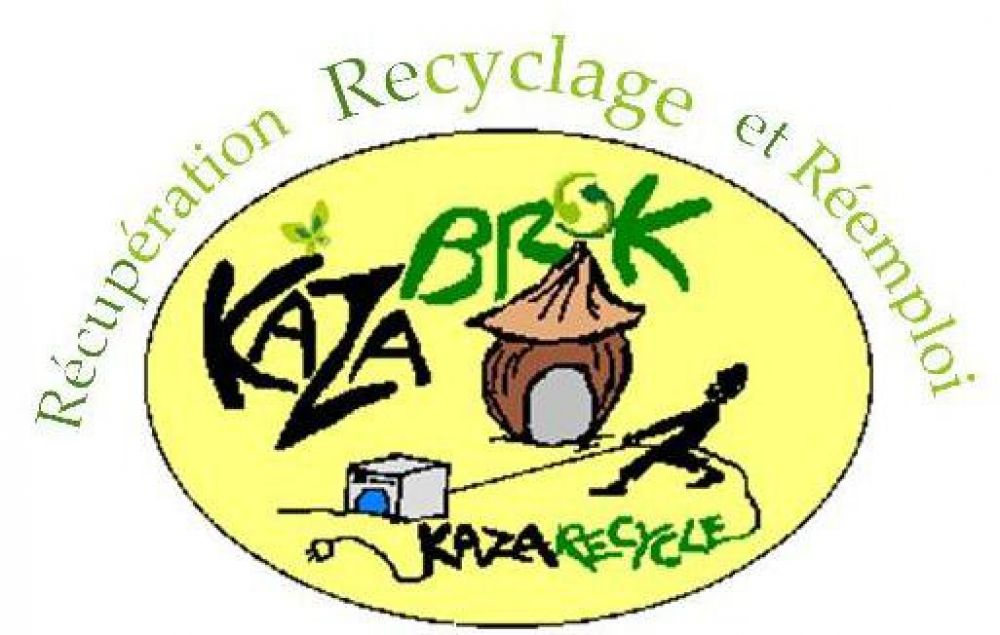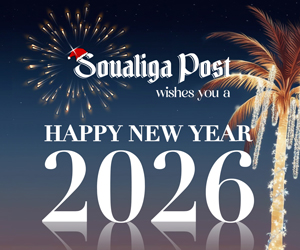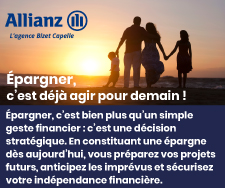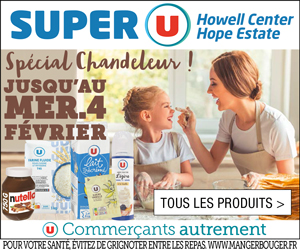Kazabrok, a Guadeloupe Ressourcerie
How did you get the idea to create Kazabrok?
That was a long process! For twenty years, I volunteered for another association: an emergency day and night shelter. I met Abbé Pierre in 2002 at the inauguration of Emmaüs Guadeloupe (which no longer exists). We had a great discussion. And four years later I wrote the draft for Kazabrok "Kaza" as the Caribbean word for shed and "brok" for flea market. Launched in 2007, this project started like Emmaüs did: a community and solidarity flea market. Faced with the extreme waste in the department and the mountain of discarded items, I wanted to create a structure to salvage material and return it into the marketplace while creating an alternative system of consumption. Our customers are people in great difficulty as well as people sensitive to sustainable development who prefer buying used instead of new. Our first goal is the person. And I wanted to create an alternative system to create jobs for young people: economic integration.
A ressourcerie is a salvage, recovery and resale center. What are the different components of Kazabrok?
Kazabrok is where we display what is for sale (the showroom), which funds the Kazarecycle workshop: the repair and recovery site. We created Kazasocial, a structure to follow-up with people who come in as customers and as employees, in order not to lose the goal of the association which consists in supporting integration and solidarity.
How do you collect EEEW (Electrical and Electronic Equipment Waste) and furniture that you repair and recycle?
We perform two types of collects. People can either bring the furniture or appliances they want to get rid of directly to one of our two receptionists. Or they make an appointment by phone and we just go to their home with a truck that travels throughout Guadeloupe.
You also created an art studio. What do you do there?
With all the stored material we can make many things. Barbecues, sorting terminals, compost ... with washing machine drums. And even cormans on which we created artificial reefs that serve as shelters for fish with washing machines concrete (mass balancing). The ressourcerie flourishes where there are needs. We must watch and look for ideas in collaboration with the national network of ressourceries. My motto is to find a solution with two problems. That's what I did with waste and job creation.
Who makes up your team?
We have a multi-generational team. The association employs 12 people at Kazabrok and 6 (soon 10) at Kazarecycle. They are employed under different types of contracts (subsidized jobs, jobs for the future, adult-relay ...). Everyone on my administrative staff is less than thirty years old. But the technical team is more mixed. We welcome people completing their judicial probation, people with disabilities, seniors in long-term unemployment, as well as young people completing their mandatory community service. Elders train youngsters for careers that have just about disappeared and are essential for the repair and recycling of electrical materials, for example. In addition, they have both a personal and professional experience and prove to be a very good solution to train unsettled youth. As they have experience, young people automatically respect them and fall naturally in a learning situation. Some young people have come to us from halfway houses and leave at 25 years old as experienced supervisors. They come from the neighborhoods where we want to help and somehow become big brothers/mentors. My interest is for the association to remain a sustainable development system so that these young people take over: "You have been helped, now it’s your turn to help."
Who recycles?
The youngsters, guided by people who have experience. The idea is to bring out talent while attempting to direct them appropriately toward various trades: electrical, sheet metal, repair, woodwork, ironwork, sales, recycling, bike mechanics, construction...
Is such a structure financially profitable?
To start such a project, one must have a strong back up in order to write offers and call upon all means available in the community. It is also important to have community support. We are located at the site of the old airport and do not pay rent. The Collectivité has provided us with a 7000m2 structure: a concrete slab on which there was a small shed. We built our structure with recycled containers and reused scrap metal... A "green structure" to highlight our philosophy and start inexpensively. By the time the system got under way, we had accumulated expenses that put us in jeopardy. We underwent insolvency proceedings on both structures which we were able to see through with the support of our team as well as the judicial system, with which we work. We were able to benefit from the backup plan and we are now up-to-date with our payroll and have managed to pay off our debts. We had to make some changes in-house, terminating some contracts. We are still in a very precarious situation. So we must control all the administrative arrangements and aid. We still need support. I am fortunate to have a board that supports me. Although I'm the founder, I would not have succeeded without them. In addition, we need young people who play and change the game. Turnover is our biggest hurdle. We are a gateway for young people to start their life. So we spent two or three years training them, and when they leave, we must start the process over. Our base, the core of the team, must be strong. We must be sustainable, and for that, we need to pay our staff living wages.
Do you receive any grants?
I have placed offers to various calls for projects regarding city contracts, the environment (Guadeloupe Region), to the State and Collectivité. We receive between €150,000 and €170,000 per year in grants and aid for employment. We pay € 40,000 in payroll taxes and earn between €70,000 and € 100,000 in sales. In 2015, we suffered budget cuts from the State related to the aid for wages as well as from promised subsidies that were never disbursed or have been delayed. If the Collectivité of Saint Martin wants to see a ressourcerie, it must play the game. An association cannot create such a project by itself if it is not supported by the community or private businesses.
In 2014, you stated that you recycle 1.4 ton of EEEW per month...
It is still the case although numbers vary a bit. We could do more but lack the means. And we have been weakened by insolvency proceedings. We are constantly looking at the money which requires us to be very careful. The smallest thing we buy must be subsidized, supported or funded by our operations.
What do you want now?
To find partners, to expand. We can imagine a franchise system like Emmaüs. Why not in St. Martin? If you know of project leaders, they can come train with us. We can help them develop their portfolio and launch the structure with the condition that they carry our name. To protect the planet while enabling young people to access employment: all this experience is not for me, it's for sharing.







Comments
This is really good
This is really good information I have visited this blog to read something fresh and I really admire you efforts in doing so.
192.168.1.254